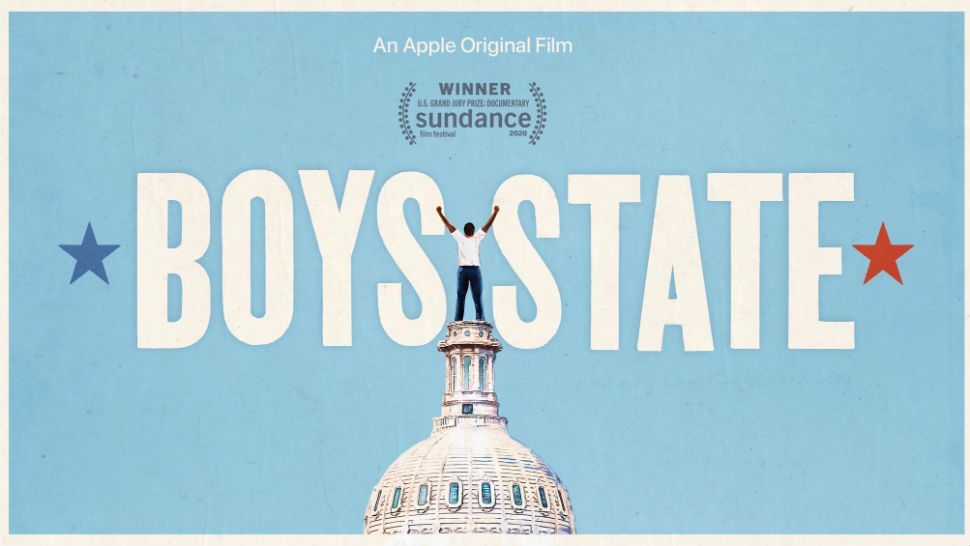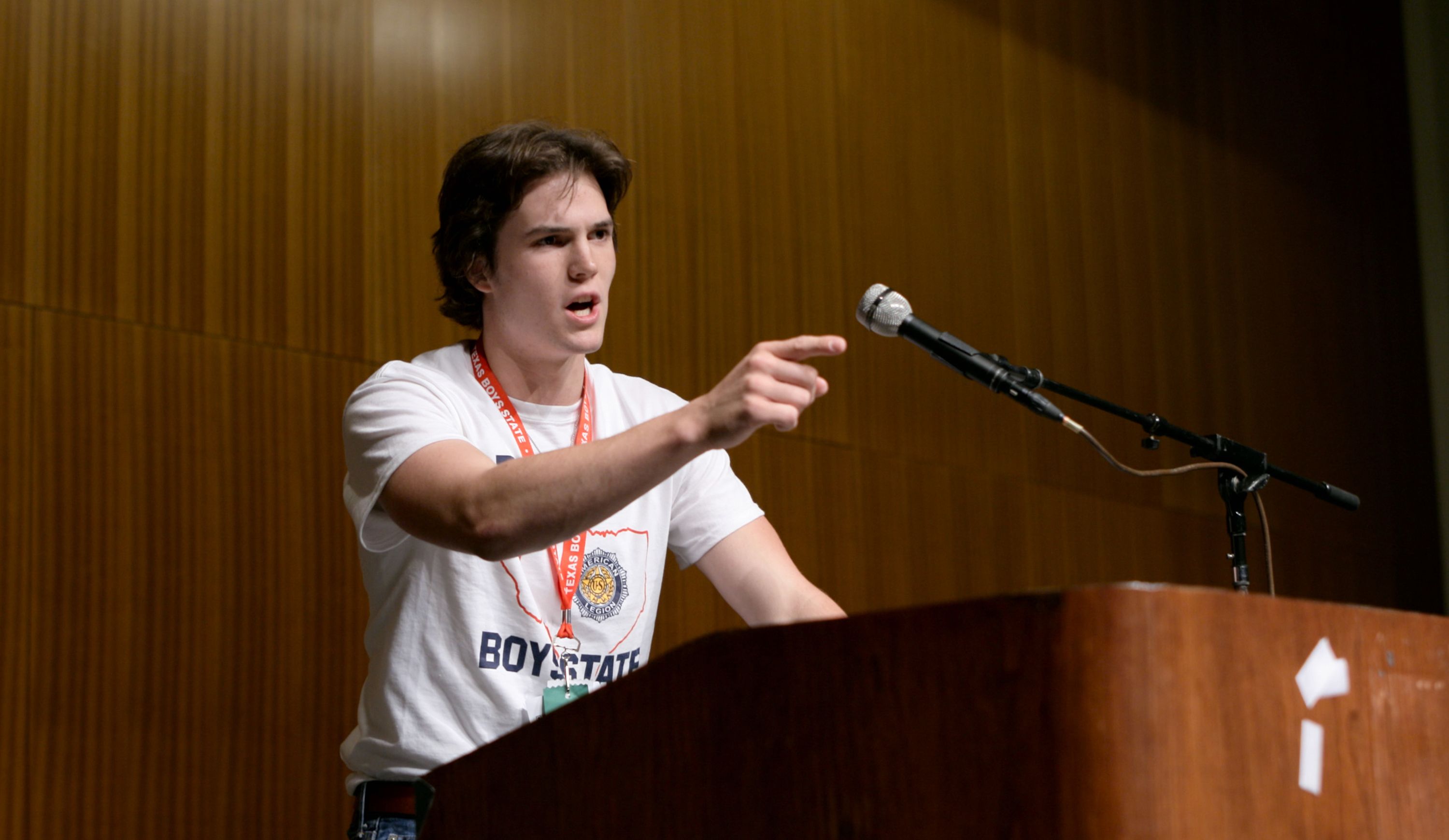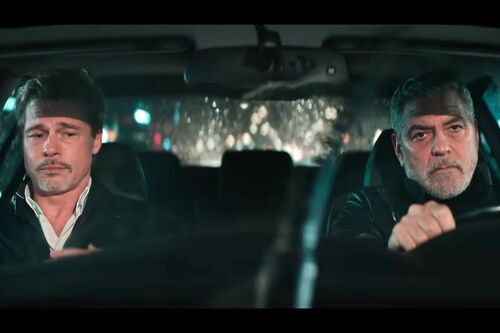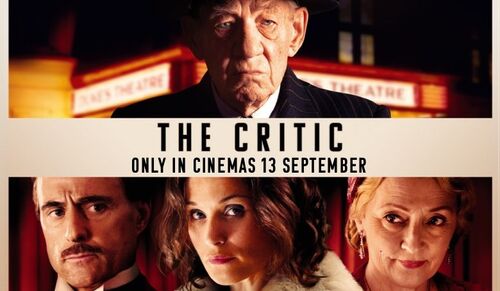
'Boys State' Review
“Boys State” earned the Grand Jury Prize for Documentary filmmaking at this year’s Sundance Film Festival (yes, the Sundance Film Festival WAS held this year). It also received Special Jury Recognition at Texas-based SXSW, one of the first 2020 film fests to convert to online. A little hometown bias may have played a role in that latter award.
“Boys State” takes us inside the Texas Boys State program. This annual convention, in which high school seniors run mock political campaigns, has been taking place since 1940. More than 1,000 boys, aged 16 –18 (there’s a separate girls version) converge on Austin for the week-long event. Elections are held to fill political positions, from district supervisor to governor. The goal is for these students to learn how state government works.
But how many of the hand-picked participants take this opportunity seriously? How successful has the program been in developing future political leaders? How do the adult organizers of Texas Boys State feel about the program in its modern form? And, in the end, is this all just a huge waste of time?
Well, if you’re looking for answers to those (or any other) questions, you won’t find them in “Boys State”. This documentary doesn’t examine the history of the program or explore its success or failure. It’s simply a chronicle of the 2018 event. Directors Amanda McBaine and Jesse Moss, and assistants, follow five key boys who are running for top positions. The few interviews included in the film are with these “candidates” — and they take-up a small fraction of the doc’s 1-hour 49-minute runtime.
My biggest problem with “Boys State” is that there’s not a single surprising moment in the entire film. Because, let’s be honest, everybody knows what happens when you get a thousand high school boys together to try to problem-solve: the handful of mature ones will take the situation seriously — probably too seriously. Many will be overwhelmed and become emotional. Others will be intimidated and not participate. And the immature majority will treat the opportunity as a joke. If you remember being at Summer camp or working on a classroom group project, you get my point.
And that’s exactly what we get here. These teens have very little (if no) life experience when it comes to the roles they are asked to play in this Lord of the Flys-esque reality show. Their opinions on topics such as gun rights, abortion and immigration feel calculated and orchestrated. You really have to wonder how much of what we see was a case of the teens playing up to all the cameras.
In theory, this program is commendable, since it’s designed to give young boys and girls the type of real-life experience they’re not getting from the education system. But most of the students we meet would have been better off spending the week being tutored in English and communication skills. “Boys State” is dominated by moments of kids – like – just – you know – like talking while hanging-out – like – in this – uh- theoretical environment filled with – you know – theoretical ideas and – like – theoretical progress.
By the film’s midway mark I was in a state of frustration. And by the end (which is completely predictable) I didn’t care who won or lost. Much like a real life election season, I just wanted it to be over.
I’d be very interested in an insightful documentary on the history of Boys State, its impact and relevance in the 21st century. The opening credits tease us with the potential of such a film, with photos of some famous past attendees, including Bill Clinton, Corey Booker and Rush Limbaugh.
But as for “Boys State”, I’ve got to vote “No”.




